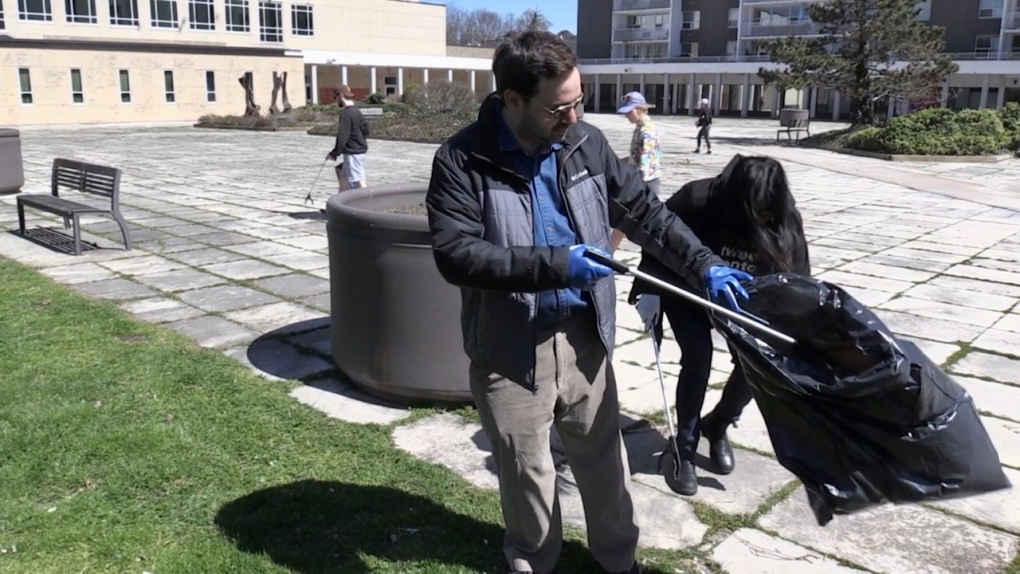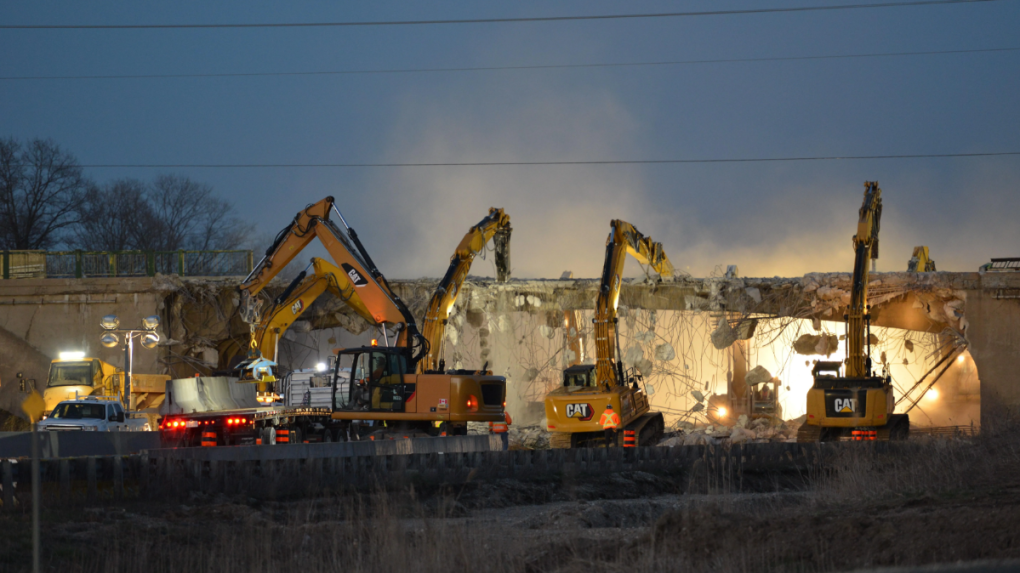UK Prime Minister Boris Johnson is expected to raise National Insurance (NI) by about 1.25%, it has been reported.
The move has prompted fury as it goes against the PM’s key election promises.
The NI hike is a part of Johnson‘s vow end “catastrophic costs” for social care users in England.
PM’s official spokesman said: “There was strong agreement that this is a long-standing issue, particularly on the social care side, which had been ducked for too long and which needed to be addressed.”
Patrick King, Partner at MHA says criticism of the government’s proposal on the grounds of fairness is overblown especially when you consider the alternatives: “The cost of solving the social care crisis is eye watering, and an increase in taxation is inevitable if the government hopes to address the problem. Increasing national insurance contributions has less immediate effects on individuals than a tax rise because businesses will pay the biggest part of the increase. NIC is already a good source of funds for the exchequer, bringing in over £145bn in 2019/20, so it is a reasonable place to start. A 1% rise in both employee and employer contributions may bring in £10bn or more and this would providethe essential funds needed, so the sums add up.
“The suggestion that a NIC rise to pay for social care represents the wealthy being subsidised by the less well-off is a little unfair: the main beneficiaries of the scheme will be those on lower incomes. However, inevitably, some more wealthy individuals will benefit and the fact that pensioners do not pay NIC does give ammunition to those who think the proposal is unjust.
“A wealth tax, as suggested by the Trades Union Congress, would indeed target the asset rich, including asset rich pensioners, but such a tax is notoriously difficult to design in such a way that it is both effective and fair. The 80-year-old lady living in a modest house in London worth over £1m may be caught in the net but have little or no income other than a basic pension. Should she be forced to take out loans to pay such a tax? Given house price rises in the South East this might not be a rare situation depending on the tax level set.
“Many people do have significant asset wealth without necessarily much income. Farmers, for example, have large asset values but often very low incomes. Trying to get the asset rich to pay for this is fraught with difficulty and may prove less fair than making sure businesses pay most of the tax increase.”
“The downside is that this increases costs for businesses who are still reeling from the effects of the pandemic. It is a very fine political and financial judgement as to whether a tax increase at this point will stifle the nascent recovery in the economy.”
https://londonlovesbusiness.com/boris-johnson-announces-national-insurance-hike-breaking-manifesto-pledge/




